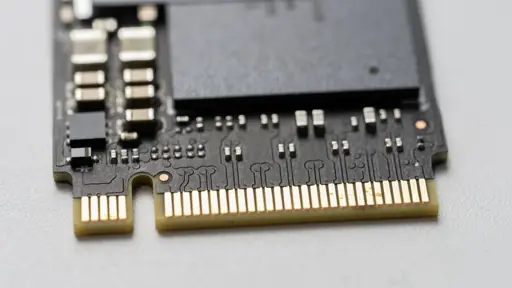There’s a lot of articles like this and then it turns out you can’t actually manufacture it reliably.
China has a pretty good track record taking new tech like this to market. Just look at all the battery tech advances we’ve seen over the past few years.
Both of these things can be true though
Sure, I’m just pointing out that I’m less dismissive of new breakthroughs coming out of China. There’s huge government investment in supporting tech, and that addresses the problem of the cost of taking something that works in a lab and scaling it to commercial output.
Technology changes a lot from R&D announcement to actual commercial production. Think of it as ‘we were able to prove this could be a viable direction’ rather than a finished product that just needs to be scaled up.
PoX could be the key to unlocking performance bottlenecks caused by storage limitations in AI hardware
Is AI all this publication can think about?
Tech journalists only want one thing and it’s fucking disgusting
This article is claiming this stuff is nonvolatile but has write speeds an order of magnitude faster than RAM, that’s pretty impressive
yeah, thatd literally revolutionize computers, if true and applicable at scale.
Finally something capable of running unreal 5
Thank fuck china is so much less shit and now much more unwilling to share tech with the US
I understood about half of the words in that article.
Is the synopsis basically, “China make drive go ZOOOOOOOOOM!”? If so, pretty sweet.
I missed the “flash” part of the article and saw it was talking about writing 25 gigabits/s and was wondering wtf… we have faster ram than that? But flash? Whoa buddy!
This could be absolutely revolutionary because it eliminates the need to have persistent storage and the bus. This way you can just have RAM that’s non-volatile. Even if it’s slower than fastest RAM the benefit of eliminating the need for the bus completely offsets that in my opinion. This would be a similar benefit as what we see with SoC architecture like M1 where memory can be shared between the CPU and GPU without having to copy things over the bus between regular memory and vram.
yeah this would be pretty incredible
deleted by creator










